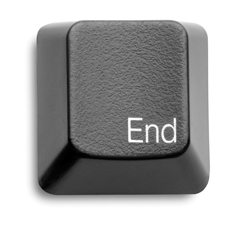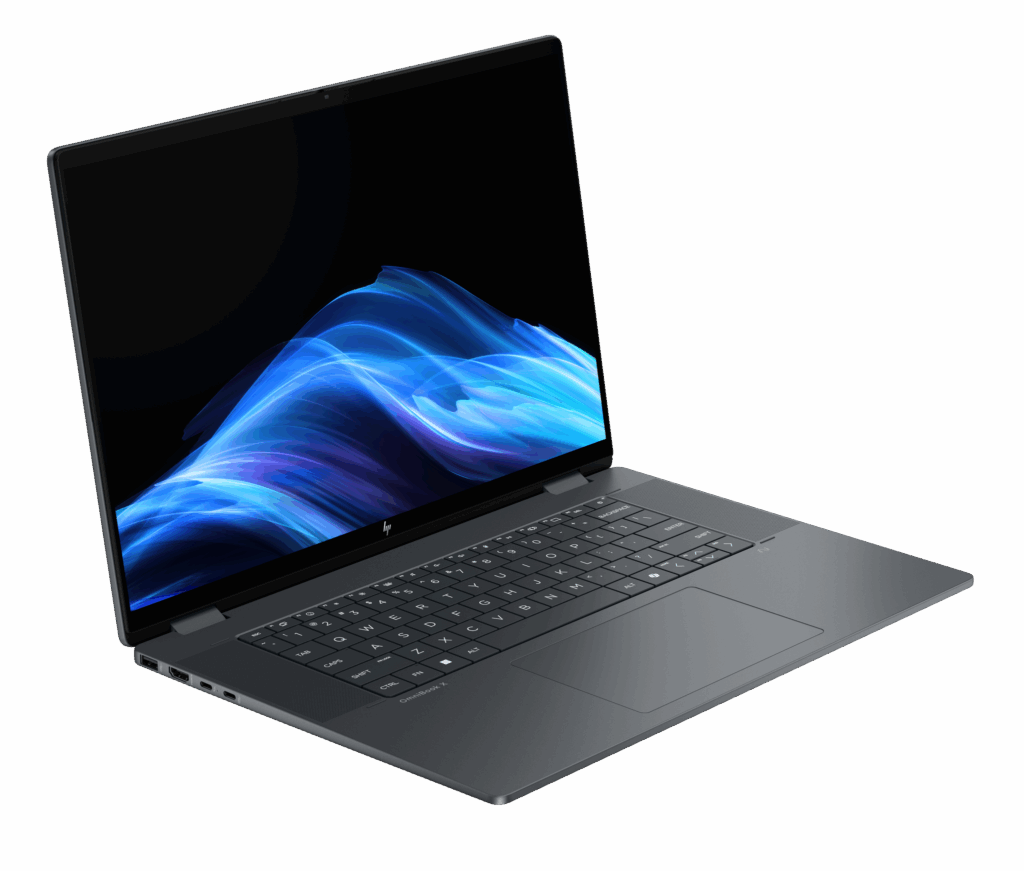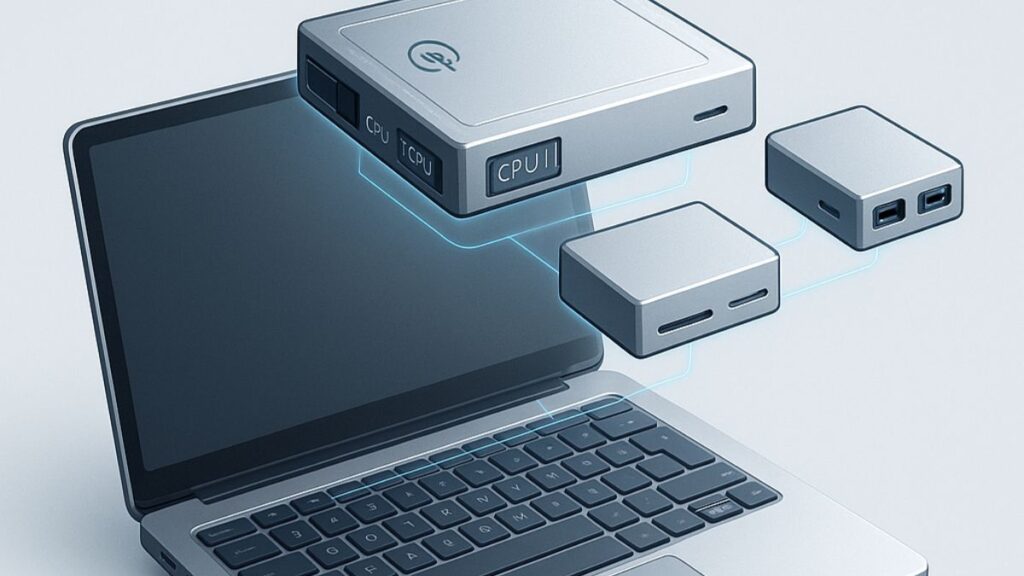Post-PC era. In case you haven’t heard, that’s allegedly the renaissance the tech world is currently experiencing. It is a vague-ish term that simply illustrates the declining relevance of traditional PCs–those black or putty colored boxes sitting under hundreds of millions of desks.
There is an evolution taking place. It’s not “post-PC’ really, any more than a Prius is a “post-combustion” vehicle. As feature phones have evolved into smartphones, and tablets of all sizes have sprung up seemingly out of nowhere, there’s a lot of hype about their impact on the PC market, and how the tablet market is cannibalizing or killing the PC market.
Take a step back, though, and consider what a “PC” is. It literally just stands for “personal computer”. If you want to get nit-picky and say that it only applies to traditional Intel PCs running Microsoft Windows, then perhaps there is waning interest, and we can call it a “post-PC era”. However, from a broader–and technically more accurate–perspective, a personal computer encompasses all sizes and shapes of Wintel PCs, as well as iMacs, MacBook Air and MacBook Pro laptops, Chromebooks, and even tablets and smartphones. They are all technology on which people conduct “personal computing”.
So, where does that leave the tech industry–particularly companies like Intel, Microsoft, Dell, and others that have built empires based on the traditional PC market? Well, they need to adapt or die.
A post from TechCrunch names Apple, Google, Microsoft, Amazon, and Samsung. I would narrow that list to Microsoft, Apple, and Google. Samsung just follows Apple’s cues in form and function, so it won’t be leading the evolution of anything. Amazon is awesome in its own way, and will play a huge role in technology and online commerce for the foreseeable future, but in spite of its success with the Kindle line of ereaders and tablets it’s not in a position to blend the traditional PC market with the evolving mobile PC market the same way that Microsoft, Google, or Apple can.
I would go a step farther and say that even Google may not belong on that list. Google is a tour de force in almost everything it does, and it has a solid track record of innovation, but the Chrome OS hasn’t really caught on and probably won’t. I can’t rule out Google entirely, though, because Google is the developing force behind Android, and Android certainly has a major stake in the evolving PC market.
Microsoft and Apple are the two major players that have the biggest role in the traditional PC market, as well as a major role in smartphones, tablets, and the evolving “personal computing” market. Apple got a jump on Microsoft on the mobile side with the iPhone and iPad, but Microsoft owns 90-plus percent of the traditional PC OS market. The challenge for both is to try and integrate or merge the two.
The race for the post-PC era crown essentially comes down to this: Can Apple become Microsoft faster than Microsoft can become Apple?
- Rethinking Cybersecurity in the Age of AI and Digital Twins - August 25, 2025
- 10 Clever Tech Gadgets Every Student Will Actually Use - August 21, 2025
- The Evolving Face of Ransomware — and How We Can Stay Ahead of It - August 15, 2025




Comments are closed.